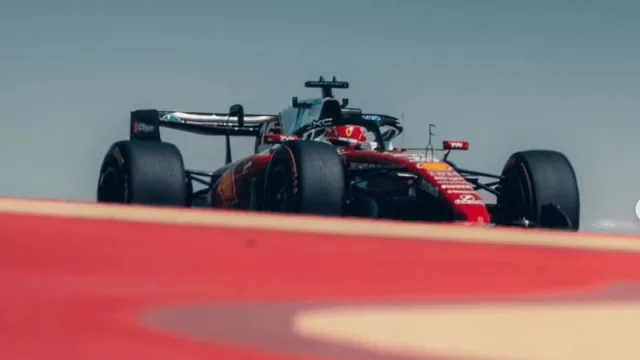Summary and Tips
As the world faces ever more complex challenges, the role of organizations like ASEAN cannot be overstated. Its ability to unite diverse nations under a shared goal of cooperation and stability is vital in a time of rising global tensions. “Understanding and appreciating the importance of ASEAN is a crucial step for anyone interested in the future of international relations and global politics.”
-
ASEAN comprises ten nations: Brunei, Cambodia, Indonesia, Laos, Malaysia, Myanmar, the Philippines, Singapore, Thailand, and Vietnam.
-
The organization seeks to promote economic cooperation and regional security.
-
The U.S. has a "comprehensive strategic partnership" with ASEAN, reflecting its significance in American foreign policy.
-
Tensions in the South China Sea underscore ASEAN's relevance in containing Chinese influence.
ASEAN is not just a regional bloc; it’s a key player in modern geopolitics. Its ability to balance relations with powers like the U.S. and China highlights its strategic importance. “Grasping the dynamics of ASEAN is essential for any serious analysis of contemporary international politics.” As the world progresses, it’s crucial for both leaders and citizens to be informed about the impact of these alliances on their daily lives.
Follow Us on: IG: @infonegociosmiami
The Composition and Purpose of ASEAN
"ASEAN consists of Brunei, Cambodia, Indonesia, Laos, Malaysia, Myanmar, the Philippines, Singapore, Thailand, and Vietnam. An eleventh country, East Timor, is in the process of joining." This organization was created to "promote economic cooperation and security among its members," leveraging a combined population of over 650 million people and a GDP exceeding $3 trillion.
The Indo-Pacific Strategy and U.S. Influence
"President Joe Biden has stated that ASEAN is 'the heart of my administration's Indo-Pacific strategy.'" In a context where "China's influence has rapidly grown," ASEAN's position becomes crucial. Maritime disputes in the South China Sea, where nations like Vietnam and the Philippines disagree with Chinese claims, highlight the need for a cohesive strategy involving the U.S. and its allies.
ASEAN in the Global Context
"Despite territorial conflicts with China, many ASEAN members maintain close relations with Beijing." This duality in international relations enables ASEAN to serve as a neutral forum for discussing significant geopolitical issues. "ASEAN also maintains formal relationships with Russia, India, Australia, the European Union, and others." This makes it a fundamental player in global politics.
Trade Agreements and Economic Cooperation
"ASEAN countries are central to RCEP, a free trade agreement that creates the largest trading bloc in history." This agreement, which includes China, Japan, and Australia, represents over 30% of the global population and GDP. "Economic cooperation in the region is a foundational pillar for growth and stability."
Get to Know ASEAN Nations: Familiarize yourself with the ten countries that make up the bloc.
Understand the Alliances: Recognize the importance of the treaties the U.S. maintains with ASEAN members.
Stay Updated on Regional News: Keep an eye on annual meetings and agreements like the RCEP (Regional Comprehensive Economic Partnership).
Frequently Asked Questions (FAQs)
-
What is ASEAN?
ASEAN is the Association of Southeast Asian Nations, formed by 10 countries in 1967 to promote economic cooperation and regional security. -
Why is it important for the U.S.?
ASEAN is crucial for the U.S. Indo-Pacific strategy, especially in containing Chinese influence and promoting free and open trade in the region. -
What conflicts does ASEAN face?
ASEAN members encounter tensions in the South China Sea, where several nations have territorial claims. -
What trade agreements involve ASEAN?
ASEAN is part of RCEP, the largest free trade agreement in the world, which includes countries like China, Japan, and Australia, representing over 30% of the global population and GDP. -
How does ASEAN affect international relations?
ASEAN serves as a forum where significant geopolitical issues can be addressed, facilitating dialogue between nations that might otherwise have strained relations. -
What role does the U.S. play in ASEAN meetings?
The U.S. actively participates in ASEAN's annual meetings, where defense, economic, and regional cooperation
-
Subscribe for free to receive the most strategic, agile, and valuable insights at: https://infonegocios.miami/suscribite-al-newsletter
Infonegocios NETWORK: 4.5 million Anglo-Latinos united by a passion for business.
Contact Infonegocios MIAMI:[email protected]












Tu opinión enriquece este artículo: